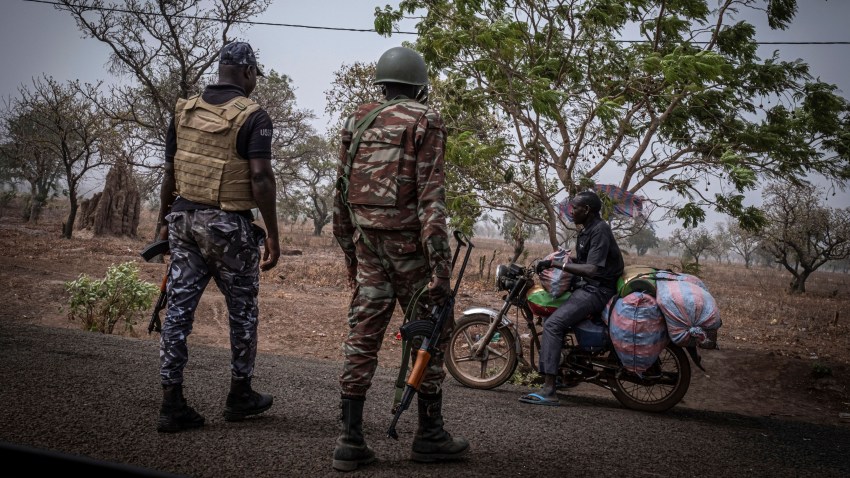Since 2021, the government of Benin has been battling a violent jihadist insurgency in the north of the country, fueled by a complex mix of political marginalization, religious ideology and long-simmering intercommunal conflicts. Unfortunately, in doing so, it is repeating the same tragic mistakes made over the past decade by its West African neighbors, Mali and Burkina Faso.
Rather than protecting and building the trust of its Fulani pastoralist communities, which provide a disproportionate number of jihadist recruits, Benin’s counterterrorism operations are targeting them with violent mass arrests, disappearances and expulsions, according to the database of the Armed Conflict Location & Event Data Project, or ACLED. This approach has failed to quell similar insurgencies in the Sahel, and it all but guarantees that extremist groups will continue to put down lasting roots in the communities that the government is targeting.
For years, the U.S. military has been involved in training and supporting the fight against jihadist insurgencies in the Sahel, particularly in neighboring Niger. As part of that effort, it has also been supporting littoral West African countries that neighbor the Sahel, including Benin, in their fight against the spreading jihadist violence. But there is a clear disconnect between the declarative aims of that support and the practices of government forces on the ground. In March, during the U.S.-led Operation Flintlock—Africom’s annual multilateral military exercise with African partners—exercising control over the region’s borders was described that “engaging border communities is at the center of the U.S. approach. But while the U.S. military speaks of “engaging border communities,” Benin’s military is carrying out mass arrests in them.

